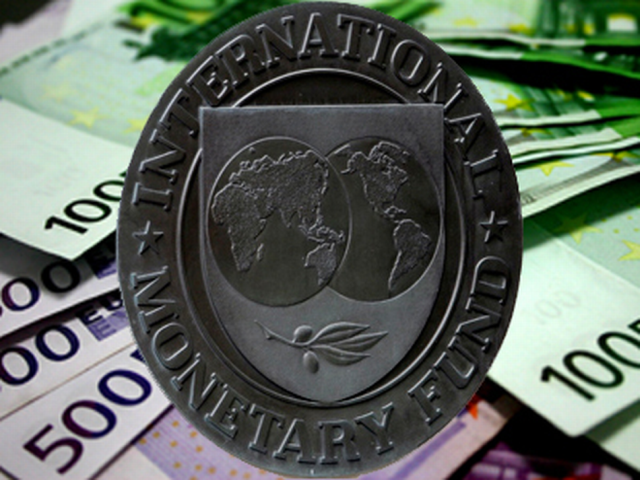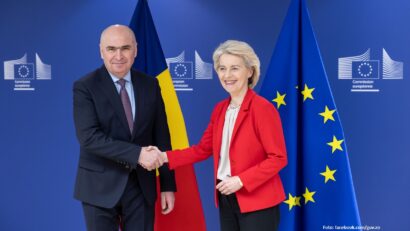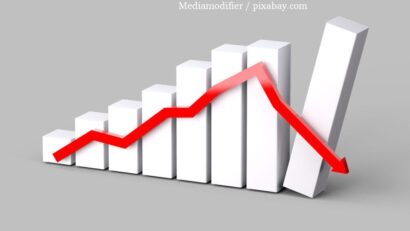IMF mission to Bucharest
An IMF delegation was in Romania for one week to discuss the state of the Romanian economy, future developments and the state budget for 2016.

Roxana Vasile, 22.10.2015, 14:31
Is Romania the only or the most successful story of the IMF? The answer would be yes if we believe the Social Democratic PM Victor Ponta, according to whom the Romanian authorities have, to a large extent, acted upon the advice of the IMF, the World Bank and the European Commission, Romania’s international lenders. An IMF delegation led by the head of the IMF mission to Romania, Andrea Schaechter, held talks in Bucharest with top Romanian officials.
The IMF experts have recently revised upwards the estimates regarding Romania’s economic growth. The GDP is expected to increase by 3.4% in 2015 and by 3.9% in 2016. Given that the latest stand-by agreement concluded with the IMF expired, the Romanian finance minister Eugen Teodorovici says Bucharest could apply for a new loan. But, after the meeting of the IMF delegation with the budget committee members, the Liberal Gheorghe Ialomitianu said, quoting the IMF experts, that a new agreement was not possible:
“At present Romania cannot conclude an agreement with the IMF because opinions about the credibility of its government are extremely divergent. The Cabinet did not observe what Romania undertook under the agreement that expired. The government says it cannot respect those recommendations made by the IMF and the European Commission, while the IMF cannot endorse what the government is doing, because it does have its responsibilities”.
Viorel Stefan, a Social Democrat, denies that the IMF made such a blunt statement, but acknowledged that there are certain obstacles.
“There are talks about a flexible agreement, which does not involve a loan, but only technical assistance provided by the IMF. This would be a gain, because we all know that when the IMF gives you good credentials, you are regarded with more confidence on the capital markets. On the other hand, we must admit that structural reforms still need to be implemented. For 25 years we have been striving to reform state-owned companies”.
The Romanian government is also blamed for the slow pace of reforms in the administration. The IMF expressed concern related to the fiscal and budget situation for 2016 and 2017, when Romania risks missing the deficit targets set. In a communiqué signed by the head of the IMF mission to Bucharest, the IMF estimates a budget deficit of 3% of the GDP in 2016 and an even higher rate in 2017, because of a combination of measures to massively reduce taxes and fees, on the one hand, and to increase salaries, on the other hand. The IMF recommends a 1.5% budget deficit target for 2016. According to the IMF, Romania’s macro-economic indicators have improved considerably, and protecting them is crucial in the context of global risks, especially in the emerging economies.






























